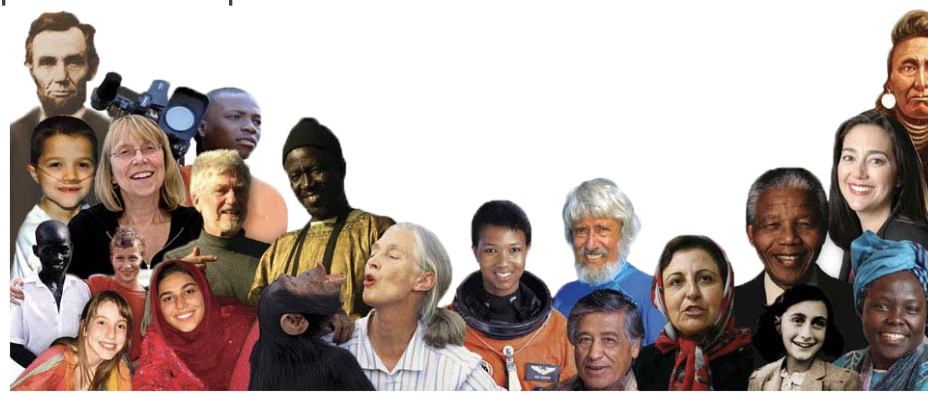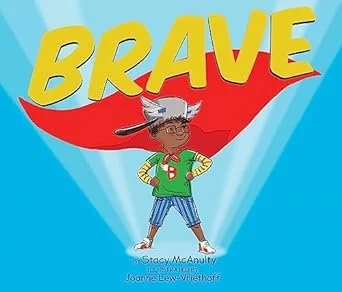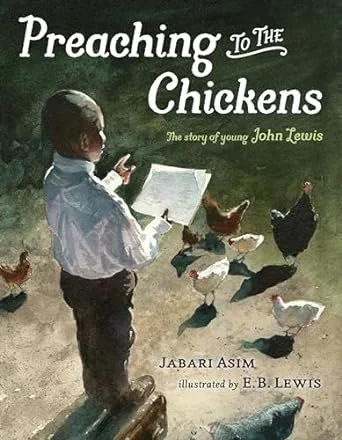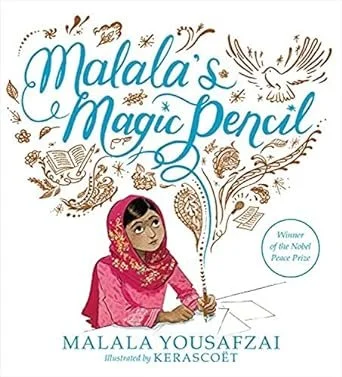Why Heroes Matter (especially now)
The world recently lost a hero in civil rights leader Rep. John Lewis. Learning about heroes like Lewis, researchers say, can inspire kids with reverence and awe – and motivate them to be heroic themselves. Heroes exemplify cherished values, display qualities we admire, show us how to overcome challenges – and call us to stand up for others. They help build a better world for us all.
Heroes are especially important as we deal with a global pandemic, because they nurture hope and help us cultivate fortitude in this challenging time. Talk to your children about heroic qualities (empathy, courage, compassion) and the people who are displaying those qualities right now. Then let's all try to nourish our inner hero to care for ourselves and others.
– Jenny Friedman, Executive Director
ACTION
Researcher Philip Zimbardo believes that heroism is a "universal attribute of human nature," not something reserved for a special few. All of us can be heroes, he says, but we need to be inspired to "answer that call." As parents, you can provide that inspiration.
Have every family member create a collage highlighting the qualities, interests, talents, and skills they would like to share to make the world a better place. Pull out the art supplies and even augment your drawings with words/images from old magazines. Talk about your "hero" portraits with one another. Tell how you might share your passions to make a positive difference. Let this fun kit inspire you to get started!
Share your favorite hero on the My Hero website, dedicated to celebrating the best of humanity. Submit poems, stories, films, songs, or art about your chosen hero — and perhaps your tribute will be featured online.
Tell your children stories about your own heroes. Remember to describe their human failings as well as their valiant feats. Being heroic is hard! Talk about the challenges your heroes overcame, times they faltered, and what they accomplished with their perseverance and courage.
Is your child fascinated with superheroes? Talk about what makes them heroic, whether bravery, compassion, or altruism. Then begin to expand your child's heroic repertoire by pointing to real-life heroes that share those qualities, past and present.
Emphasize that heroes can be ordinary people doing extraordinary things, then discuss who in your community is heroic. Celebrate them by sharing gratitude cards or big-hearted awards. Remind your children how difficult it is to be a hero – and why.
TALK
Take time at dinner tonight to talk about heroes. Here are some questions to spark the conversation.
Who are some of your heroes? Why did you choose those people? What obstacles did they overcome? What character strengths do they exhibit? Do you share any of those qualities?
What does it mean to be heroic?
Do you think we all are capable of being a hero? Who are some "everyday heroes"? What makes them heroic?
Why might it be hard to be a hero?
Some people believe we've replaced heroes with celebrities. Do you think that's true? What do you think are the differences between the two?
Can kids be heroes? If so, can you name any?
In what ways can we be heroic in the face of the pandemic?
Can you name something you've done that's heroic? What would you like to do in the future that you consider heroic? How can you develop your own heroic traits and skills?
BOOKS
When we read about heroes performing courageous acts, it lifts our spirits and inspires us to act heroically. These stories can provide that encouragement.
Brave by Stacy McAnulty (ages 4-8). This simple, inspirational book motivates kids to be everyday heroes by acting with courage and compassion.
Preaching to the Chickens: The Story of Young John Lewis by Jabari Asim (ages 4-8). A timely story (with beautiful watercolor illustrations) about the childhood experiences of one of America's great civil rights heroes.
Emmanuel's Dream: The True Story of Emmanuel Ofosu Yeboah by Laurie Ann Thompson (ages 4-8). The true story, set in Ghana, of how one boy overcame immense challenges to make a difference for people with disabilities.
Malala's Magic Pencil by Malala Yousafzai (ages 5-8). A child-friendly introduction to the life of Malala Yousafzai, a courageous crusader for girls' rights.
Rad American Women A-Z: Rebels, Trailblazers, and Visionaries Who Shaped Our History . . . and Our Future! by Kate Schatz (ages 8-16). A book for tweens, teens (and their adult friends) that introduces readers to 26 radical women – in areas from science to sports to politics – who've overcome challenges to make a real difference in the world.
INSPIRATION
"We do not have to become heroes overnight. Just a step at a time, meeting each thing that comes up . . . discovering we have the strength to stare it down."
– Eleanor Roosevelt, American political figure, diplomat, and activist











